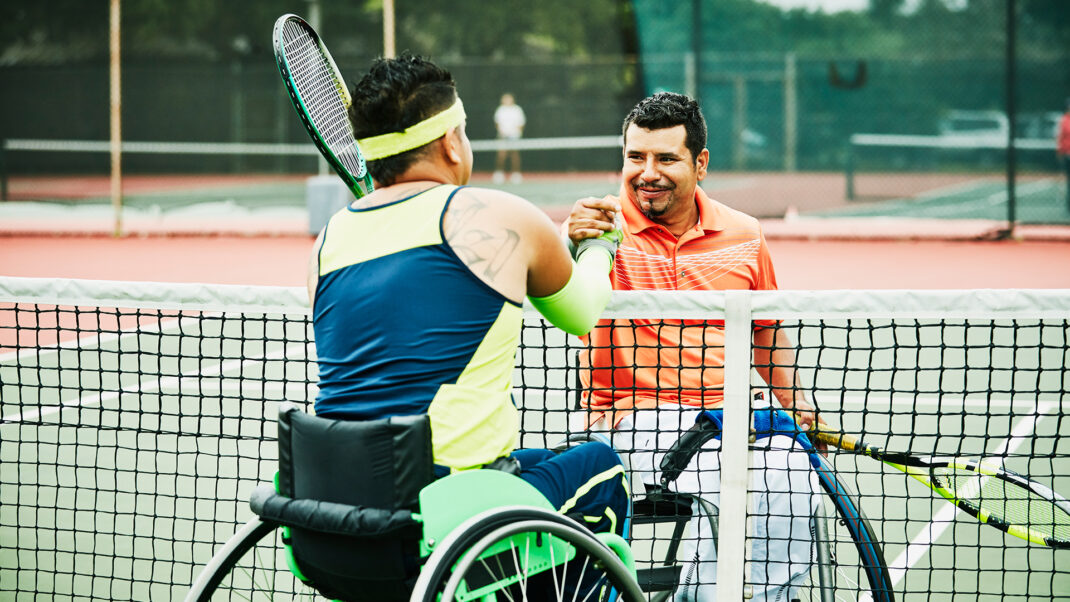The life of a child can be stressful as he navigates school, peer relationships and other childhood circumstances. A new study has found that being physically active may help children manage stress more efficiently.
Published in the Journal of Clinical Endocrinology & Metabolism (2013; 98 [4], E619–27), the study included 258 8-year-old children from Helsinki. The children were given wrist-worn accelerometers to track physical activity levels. Salivary cortisol was measured to determine hypothalamic-pituitary-adrenocortical axis (HPAA) activity daily and after exposure to stress in the form of tasks involving mathematics and story-telling.
Researchers noted no real differences in daily
salivary cortisol among children with different activity levels. However, differences did emerge when the
children were exposed to stressors.
“Children with the highest levels of overall physical activity showed no, or only small, increases over time in salivary cortisol after stress, whereas children belonging to the lowest and intermediate thirds showed significant increases over time in salivary cortisol after stress,” the authors explained.
“These findings may offer insight into the
pathways of physical activity on physical and mental well-being.”
Ryan Halvorson
Ryan Halvorson is an award-winning writer and editor, and IDEA's director of event programming.






